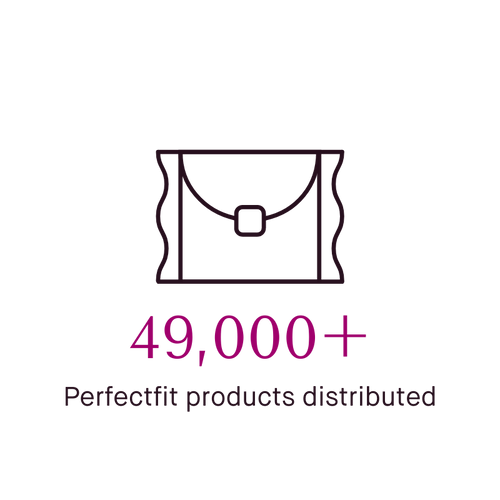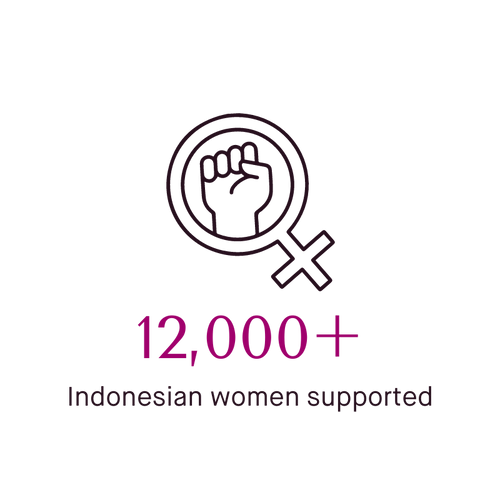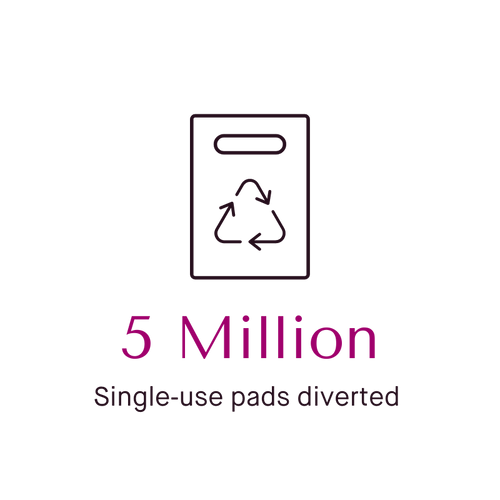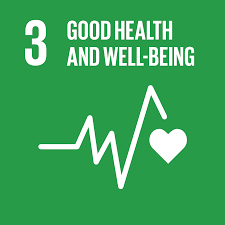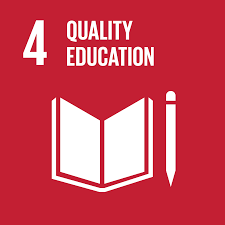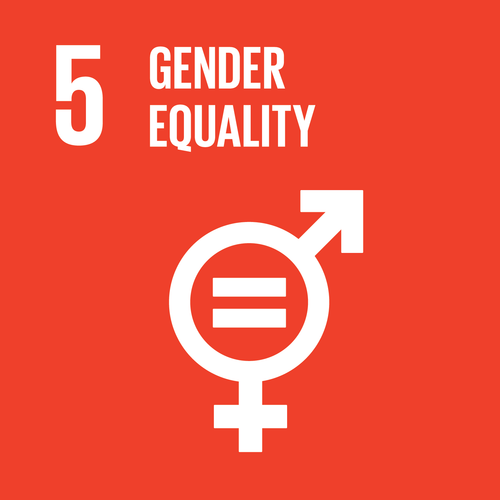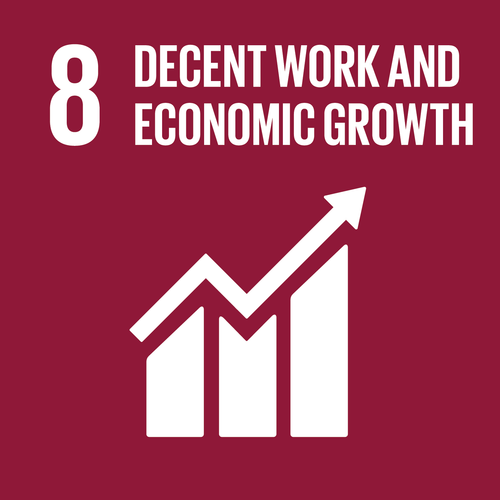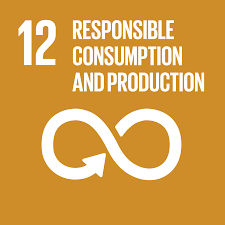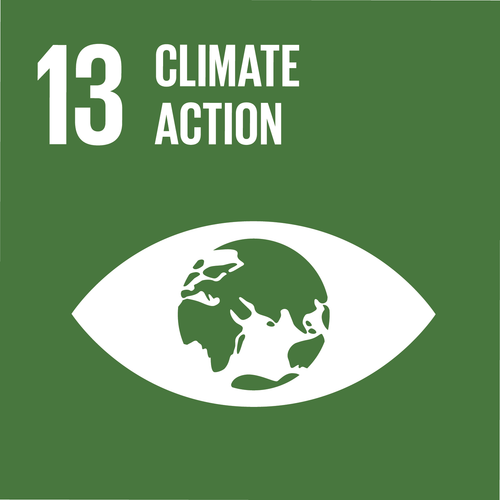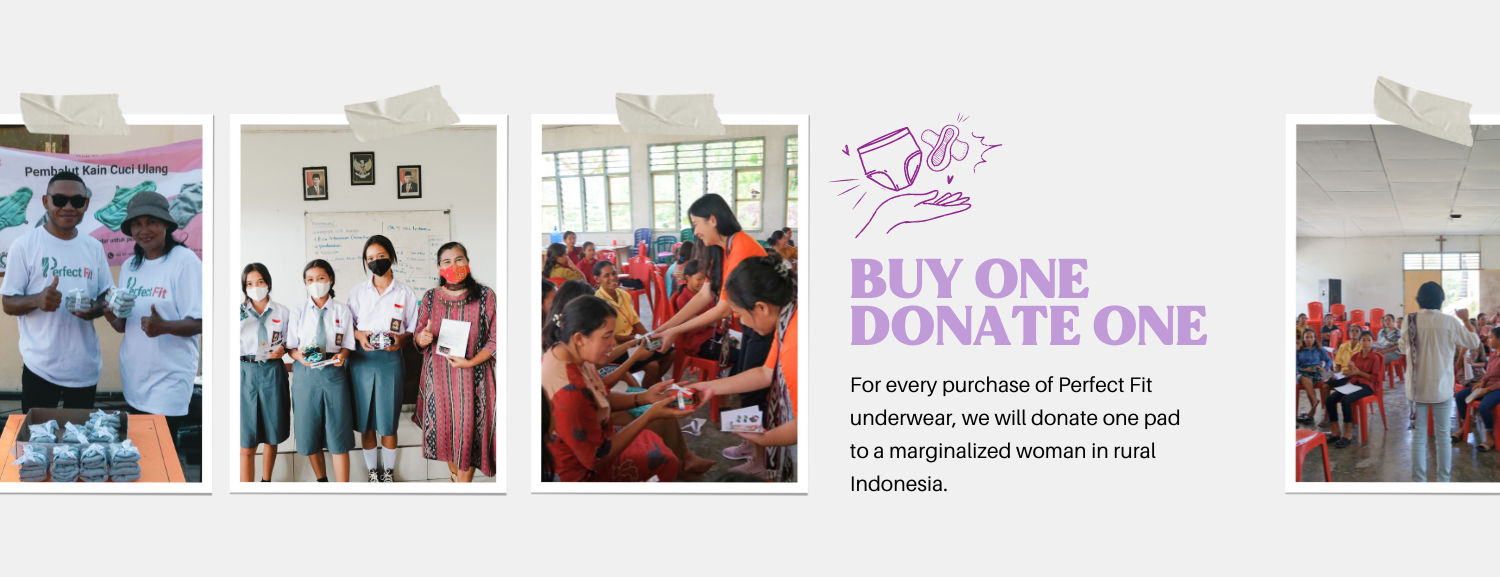
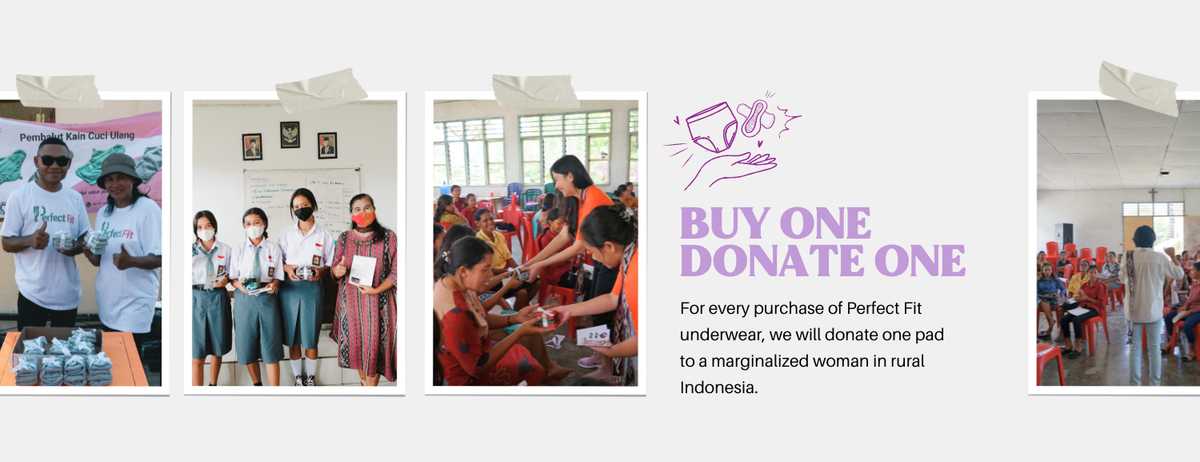


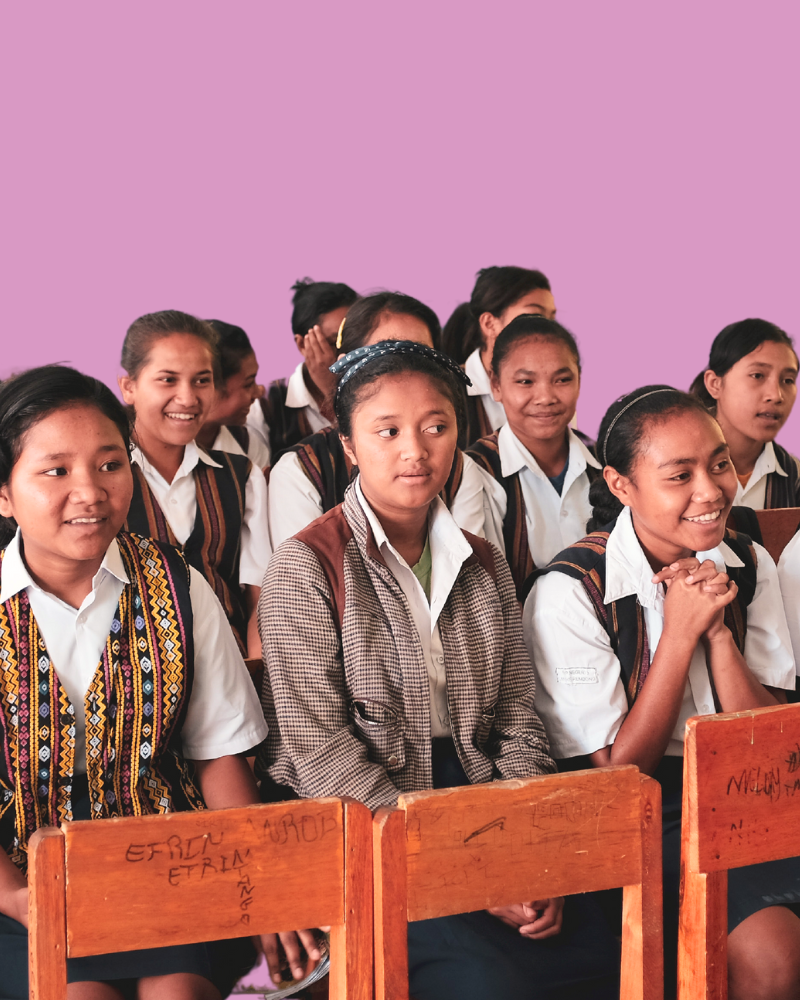
Period poverty is when someone does not have access to period products, education, and facilities to support themselves to manage their menstruation well - with dignity.
The Bill & Melinda Gates Foundation reported via PMA survey that 22% of women in Indonesia does not have access to manage their menstruation properly. This means approx. 15 million women and girls in Indonesia are suffering from period poverty.
The challenge will be a lot harder for women and girls in remote areas, when access to most of the things is more limited compared to urban areas.
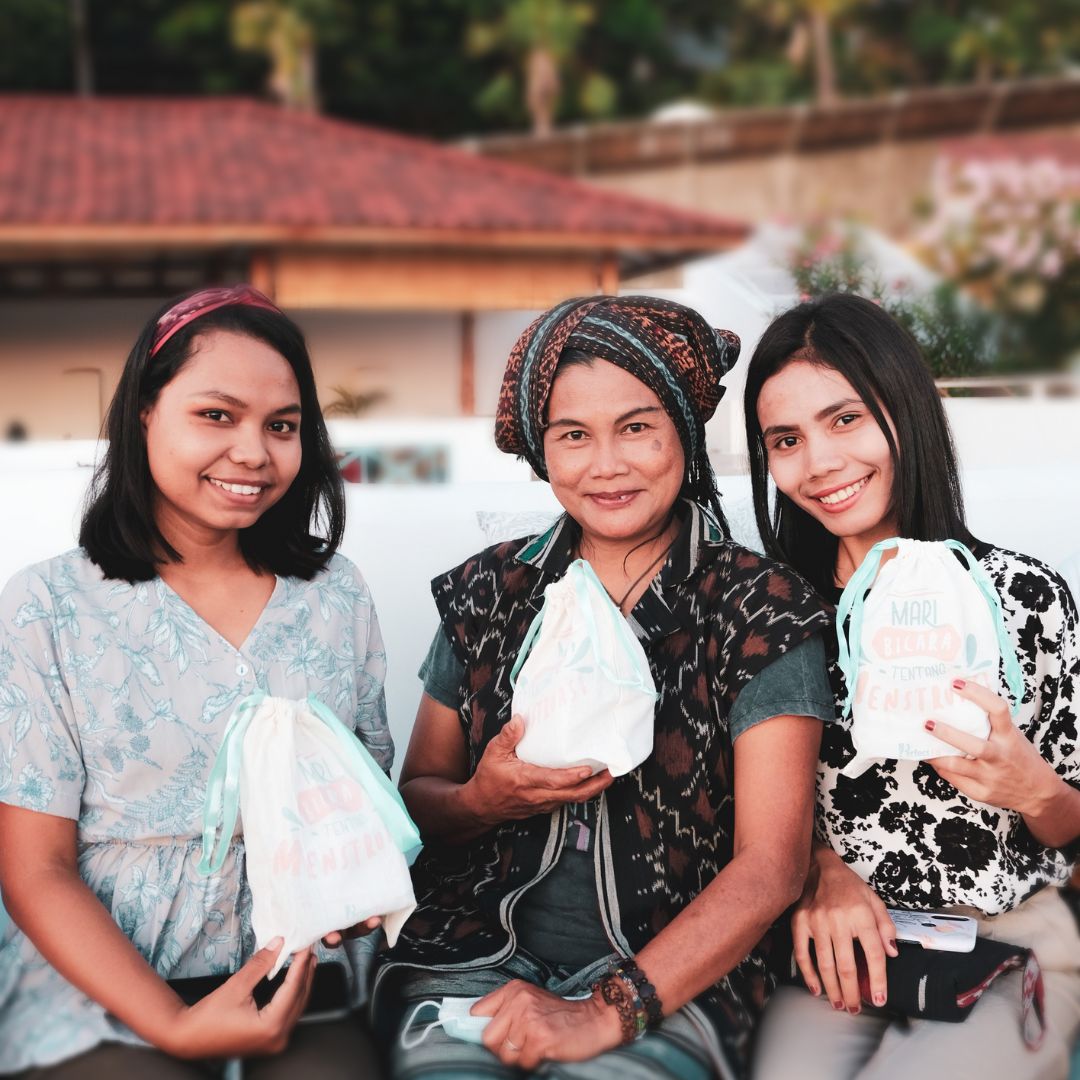
We believe that access to period products, education and facilities is critical to empower women and girls. When someone can not manage their period properly, it can influence their capabilities to function properly at work and/or schools.
That’s why we build Perfect Fit to have an inclusive business model by giving back to the community. They way we do it is by donating one reusable pad and providing menstrual health education for every purchase from you. 1 sold = 1 donated, always.
